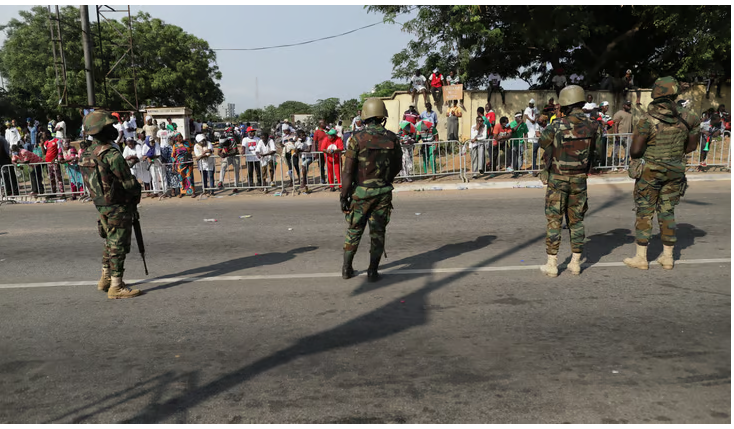
As Ghana approaches its next election, a few critical flashpoints are likely to shape the outcome and direction of the nation’s democratic process. These areas are set to draw the focus of both local and international observers, given their potential to influence voter turnout, candidate performance, and ultimately the country’s stability.
A key concern for many voters this election season is the economic outlook. Issues like inflation, youth unemployment, and overall economic stagnation have driven widespread discontent, and candidates’ economic policies and reform plans are likely to be under intense scrutiny. The ability of leaders to address pressing financial challenges could significantly impact voter preferences, especially among younger voters whose economic prospects are directly affected by these trends.
Another vital area of focus is the country’s security and peace. In the run-up to the election, areas known for past unrest or regional tensions could present a risk of violence or disruption. Local authorities and election organizers are keen on ensuring a peaceful process, implementing measures aimed at curbing violence and promoting peaceful participation. How well these security efforts hold could not only affect the smooth running of the elections but also influence public confidence in the electoral process.
Voter turnout and engagement are also anticipated to be critical to the election’s outcome. With young voters representing a significant portion of the population, their involvement—or lack thereof—could sway results. Furthermore, logistical issues in voter registration, particularly in rural and underserved communities, might affect overall participation. Ensuring that these voices are heard has become a central objective for election organizers, who are working to simplify the voting process and ensure access across all demographics.
The role of media influence and misinformation is another flashpoint to watch. Social media has become a powerful tool for political messaging, but it also amplifies the spread of misinformation, which can shape public opinion and affect perceptions of candidates. This election, there is heightened attention on the responsibility of media organizations and tech platforms to manage the spread of fake news. Media coverage, both local and international, will likely play a crucial role in shaping public opinion, making accurate information a priority for voters and candidates alike.
Finally, ethnic and regional dynamics are anticipated to play a significant role in the upcoming election. Ghana’s rich diversity often translates into voting patterns that align with ethnic or regional lines, and this election is likely to follow a similar trend. Political alliances and candidate support within various regions could be deciding factors in closely contested races. Understanding these regional dynamics is essential, as they not only affect voter turnout but also contribute to the overall political landscape of Ghana.
Each of these areas will be critical as Ghana moves toward election day. They reflect both the challenges and opportunities inherent in the nation’s democratic process, setting the stage for a pivotal moment in the country’s political journey. Observers are watching closely, and the outcome will undoubtedly shape Ghana’s future path.


